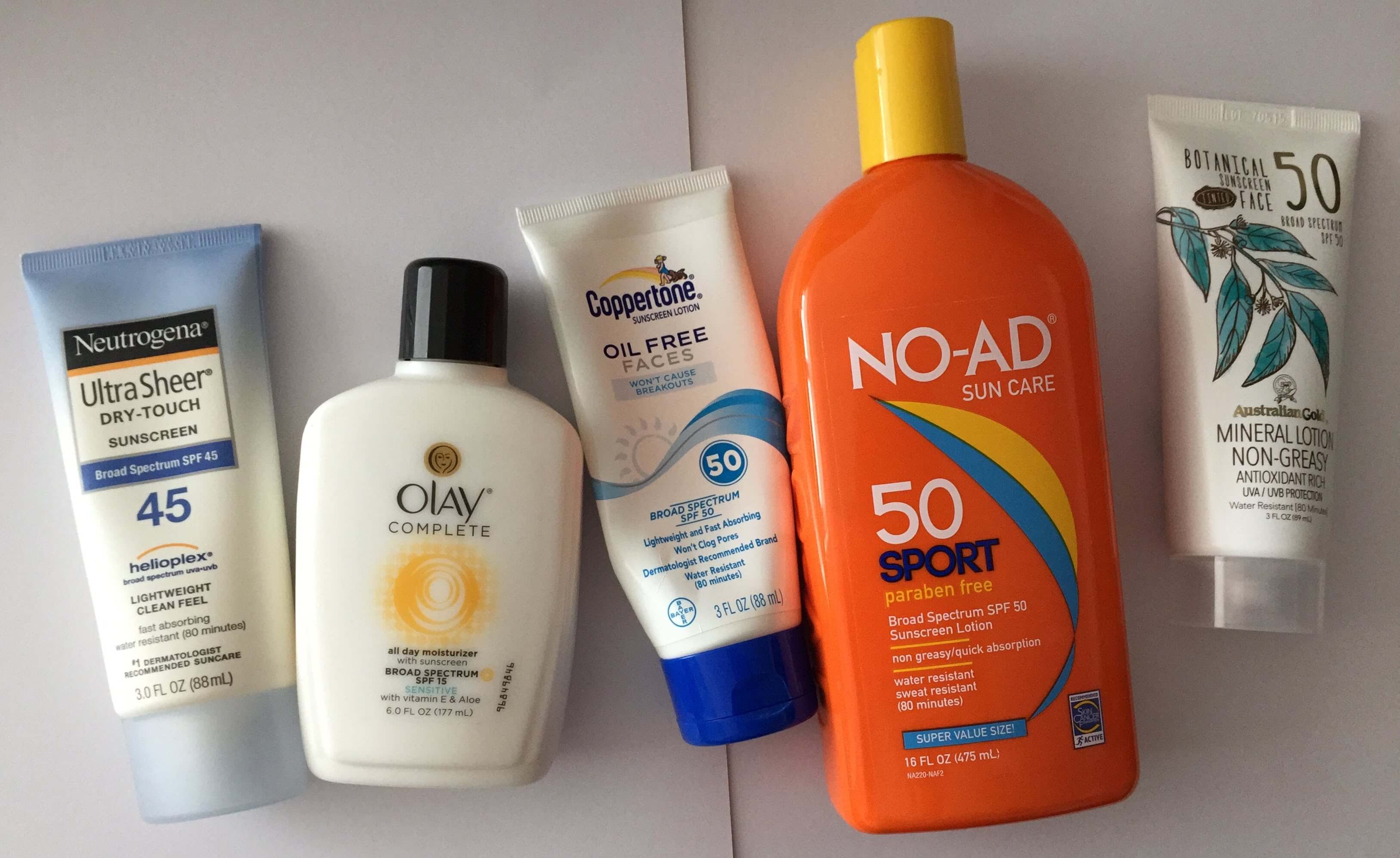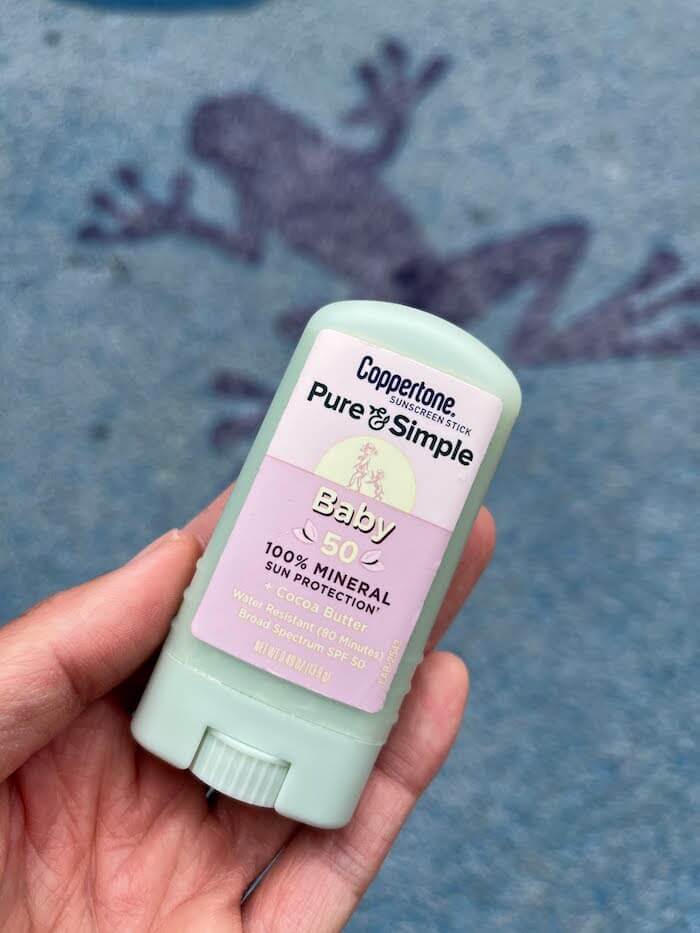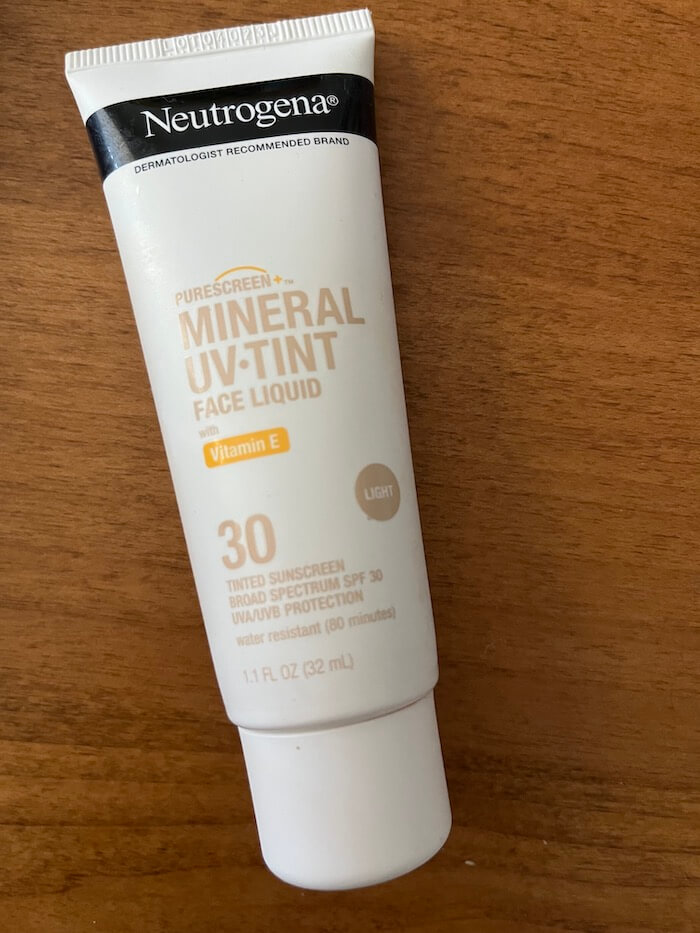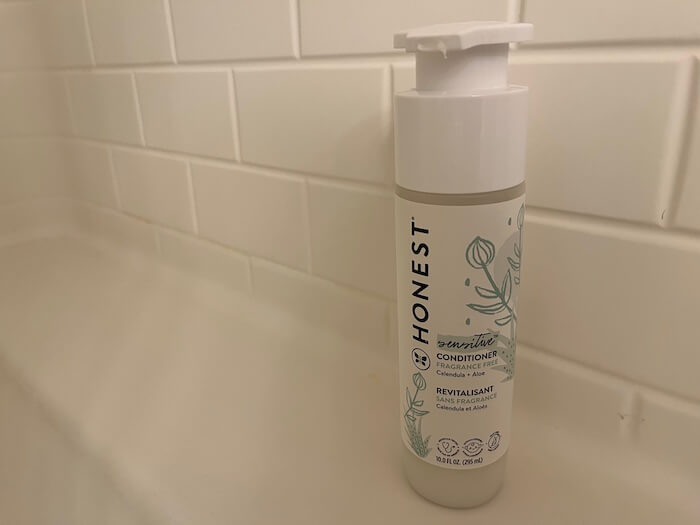The chemist's perspective: Is sharing SPF test results just a marketing ploy?
My dad explains why many companies may not want to share their SPF clinical testing results with customers.

I still find it odd that more companies don’t share their SPF testing results with consumers—or at least the name of the lab they use. I think it seems suspicious that they don’t share these test results. But then I asked my dad what he thought. His answer surprised me and made me consider the other side of things: are companies intentionally choosing not to share their SPF clinical testing results with the public, not because they fear that the test results are illegitimate, but…




